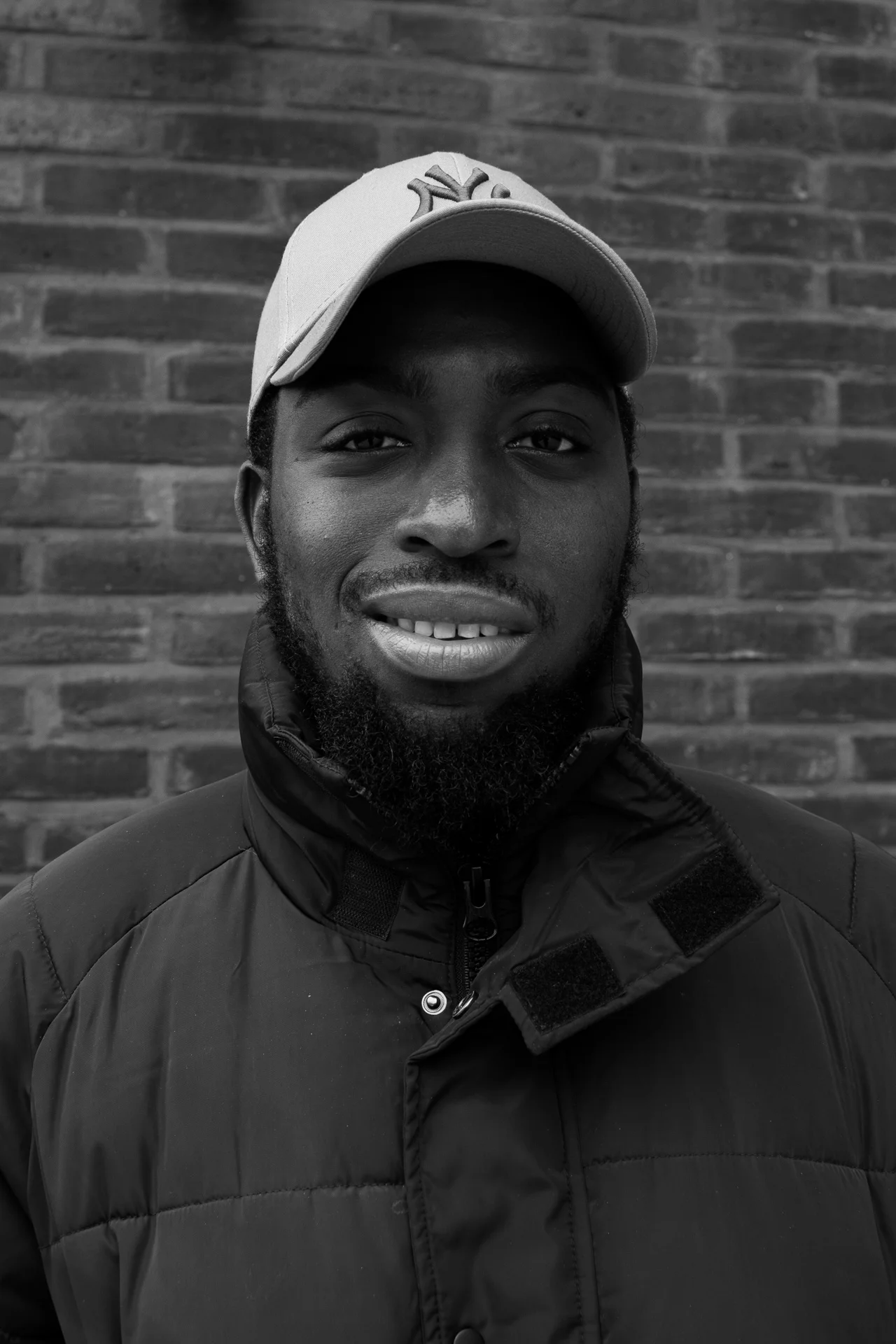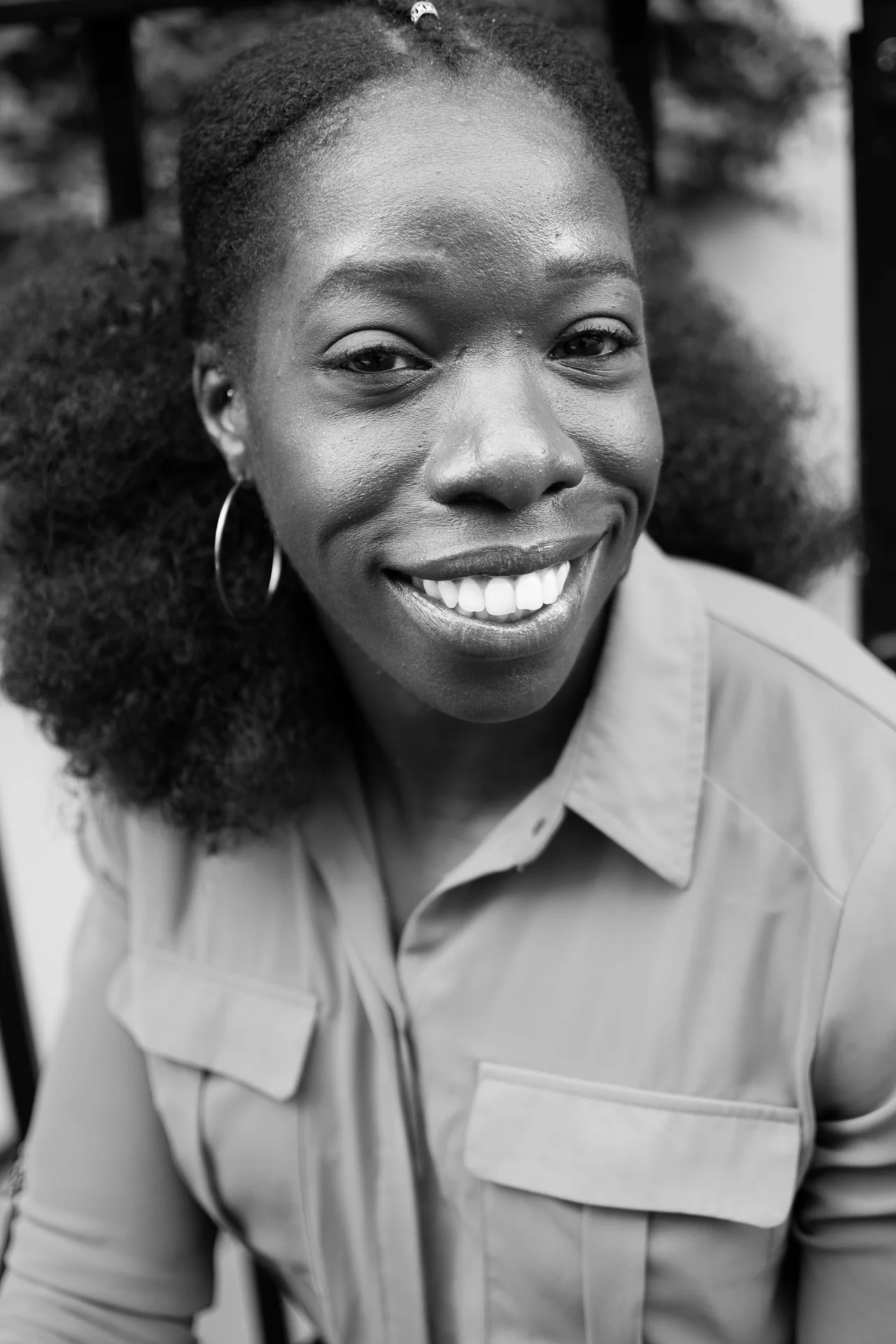Saad
Saad, 25
Nigerian ethnicity: Fulani
City/County grew up in: Nottingham
City/County of residence: Nottingham
*audio below
Describe your heritage
My parents came over to the UK from Nigeria in the late 1980s. I was born here and I’ve lived here all my life but I went to Nigeria so many times growing up. I’m from the Fulani group and I grew up speaking the language at home and I still speak it with my family even today.
What to you, makes you Black British Nigerian? How do you define it?
I think for me it’s not just as simple as my nationality. I am a dual national, British and Nigerian, but I was brought up here. But then when my parents came over here, they still instilled a sense of their national identity within us from a young age, so I’m pretty sure I knew I was Nigerian, before I knew what it was to be black, for example.
What challenges do you/have you faced that relate to your identity as a Black British Nigerian?
I think growing up, especially in my teenage years, I really wrestled with where one identity began, and the other one ended. So I always saw myself as British, but in some ways perhaps not enough. And the same with Nigerian. There were just so many cultural things on both sides that I didn’t have a frame of reference for, which I found really frustrating at times. I think this is definitely something that got better as I grew older, and eventually I realised that all my difference influences can co-exist in my own way, however I see fit.
What do you love about being Black British Nigerian?
I think part of it is that I’ve always got a country to flee to if things go tits up. I’m not being totally serious! I like having lots of different experiences, both British and European, Nigerian and African more generally, and I’m from a Muslim background as well and this is part of my identity, and then there’s the Fulani ethnic side of it as well. So I just enjoy having a richness of influences and experiences that help shape my worldview a lot. And it’s great to be able to make in-jokes that other people don’t understand.
Do you think this country values your identity?
I think historically I don’t think it has. At least if the education system is anything to go by, we weren’t really taught anything about the history of Black Brits really, whether Nigerian or otherwise. I’m not sure we’re really seen as a distinct group within the UK that much, but I think times are definitely changing now, and there’s more cultural power behind it as an identity.
What does the future look like for Black British Nigerians - what are your hopes for us?
I’m actually pretty hopeful for the future for Black British Nigerians, because when I grew up, when I was a child, the only Nigerian influences I had came from my parents. Kids growing up now get to hear Afrobeats on UK radio stations, and they’ve got openly proud Nigerians and British Nigerians talking about their heritage, and using their cultural influences to make their mark, from politics to the entertainment world, and even beyond that. So I think they’re really lucky to be growing up at this time and I think things will only get better from there.








